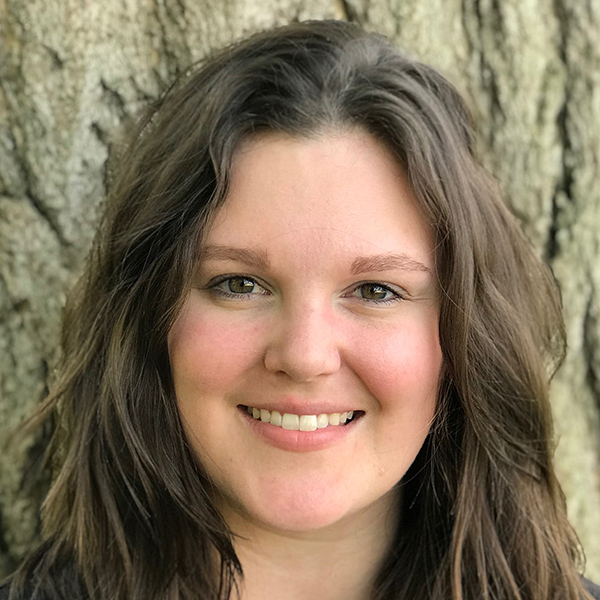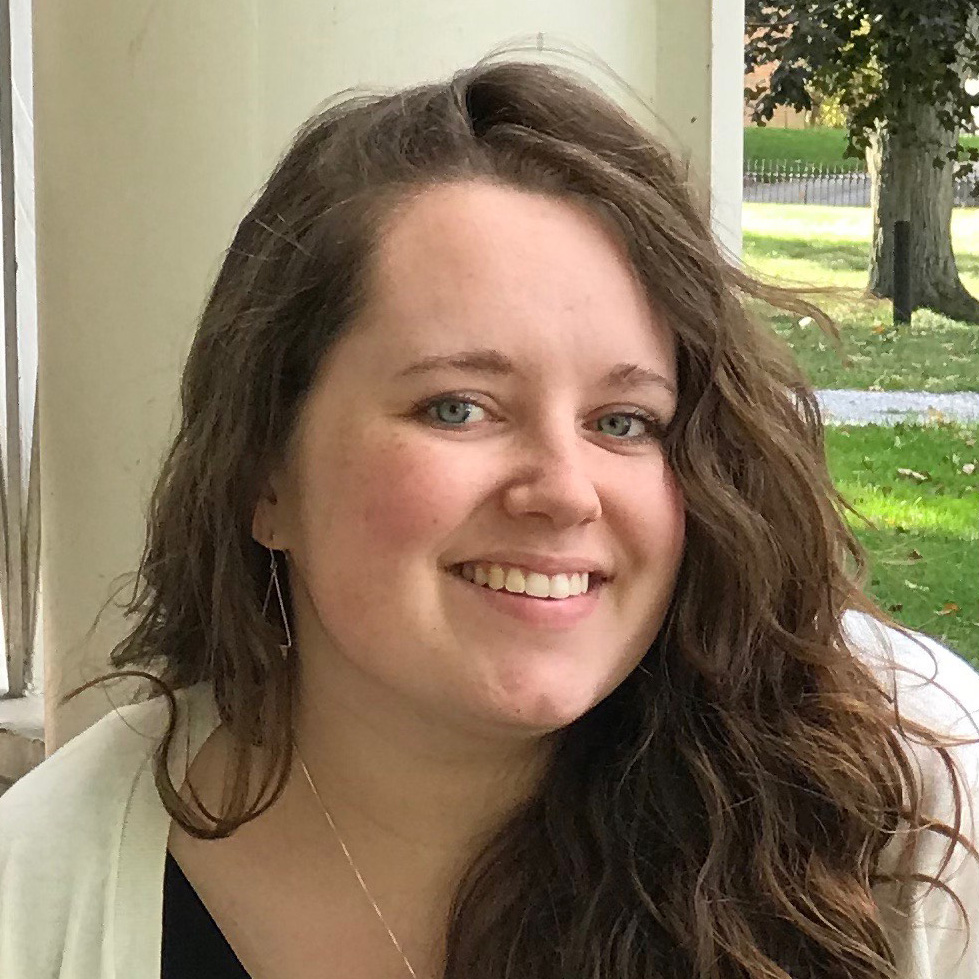Hi, Emily here. I’m ready to talk about motherhood and a little bit of mental health. In my first “rabbit trail,” I went a bit into the world of mental health by sharing my experience with CBT therapy, or Cognitive Behavioral Therapy, which is the basic type of therapy for those struggling with mental illness. I met with a therapist on and off for two years at the suggestion of my priest and came to the end of my CBT experience feeling better about the world and more equipped to cope with my world. My therapist was also Christian, so I was fortunate that pretty much every thought-correction we worked on had some connection to my faith in Christ, which inadvertently healed some of my own religious trauma. But it really only scratched the surface, and at the end, when my counselor declared we had pretty much reached the end of our journey, but I was welcome to call her if anything new came up, I felt like there was maybe more to work on, but I didn’t know if she could help me.
I had started learning more about the word “trauma” and the various types of specialized therapies that are working to help those who suffer from the after-effects of trauma in their lives. You see, trauma is not the response to difficult things happening in our lives, but the event itself. If anything happens in our lives that is distressing and our brains don’t process it properly, synapses in our brains disconnect, and a wound is physically imparted into the brain. This wound creates a new, distorted set of nerve endings that change our view of the world and lead us down roads of OCD behaviors of PTSD or anxiety or depression.
I had a mixture of these behaviors that CBT somewhat helped, but did not heal the wound completely. I continued to ask God why my life felt so heavy, why I couldn’t seem to see positive outcomes to most any situation, why I was so angry and sad, and why I kept hurting people that I loved so much when I knew I did not want to do those things. Thankfully, God heard my pleas for healing and restoration, and led me to Duffy. Duffy is a horse who lives on an equine rescue ranch in my community. It’s actually run by members of my parish, and it’s a wonderful ministry. In their generosity, they offered a six-week trauma therapy clinic for free, and by the nudging of the Holy Spirit, I applied and was accepted into the program.
I was surprised how easily I downplayed my own trauma as not as terrible as other people’s, and therefore not worthy of healing. It was hard to even ask for childcare help and apply for the program without feeling selfish or overly dramatic. But thankfully, through my, and my horse’s, and my clinician’s work, the wound that formed from an event from my earliest memories was healed. It’s difficult to describe what happened to me while riding a horse for two hours, going through the passageways, and sharing hurt out loud that I had never said to myself, let alone God or another person. The only reason I hadn’t shared it was because I didn’t even know it was there. It was both a fog that covered my mind, an amalgamation of feelings that were indistinct, and a series of very distinct flashbacks that could strike strong and hard and fast unexpectedly.
It was the thing that stopped me from finding true forgiveness in my heart for people dear to me. It was the reason I could never truly rely only on God to be in control of my life, because my mind was now hardwired to believe and put my trust in only myself, or, on really bad days, solely on the safe people around me who gave me a sense of control over the tornado of trapped emotions that controlled my thoughts, feelings, and actions.
When Jesus healed the blind man in John 9 and was asked, “Who sinned: this man or his parents?” Jesus replied, “Neither this man nor his parents sinned, but that the works of God should be revealed in him.” My layers stemmed from a believe that I had done something wrong to deserve the painful things that happened to me, or that another was at fault for the false beliefs I continued to carry with me. But I’ve come to see that while others may be the source of trauma on the brain, they are not to blame for my actions when I continue to ignore it or don’t work and ask God to heal my own internal wounds. Sometimes the things that happen to us, long as they may be, are so that the works of God may be revealed to and in us. I believe that revelations my clinicians brought to my mind were done so by the Holy Spirit. I truly believe that God worked a miracle that day.
After Christ’s response to the Pharisee’s question, he picks up clay—earth, a physical substance—spits in it, and forms a paste, and applies it to the man’s eyes. He heals a physical wound with a physical substance, by his divine power. When we see this example given in Christ’s ministry, is it so impossible to believe that the ministry provided by psychology cannot also be a catalyst to the healing of Christ: healing mental wounds with mental tools and balms, through the power of the Holy Spirit? It’s healed my view of my children and my role as a mother as well.
Before, I believed that it was my job to protect my children from all the possible forms of pain I experienced and didn’t process properly as a child, that I alone could give them a better start, a more secure life, and their lives would be free of trauma—but that simply isn’t true. I can never completely protect my children from the hurt that the evil one inflicts in the world. They will still encounter people, events, and emotions that are out of their control and leave them grasping, even things that I may say or do that may hurt them.
The amazing thing I’m learning about trauma, though, is that what professionals would call attachment is the counter-agent to a trauma wound. We would call this love. I go even further to call it divine, holy love: agape. The love that has existed before time. The God of the universe who lives inside me, inside the Eucharist, and inside the hearts of my children. When I show them this love through repeated humbling and asking for forgiveness, by comforting them in their physical and emotional pain, when I let them share the thoughts they have without judgment and in pursuit of helping them understand for themselves the truth of God, when I pray for the divine love to intervene and comfort them in ways that I cannot—that love can miraculously heal their inner wounds and heal the passageways before they spiral into hard fashioned squiggles in their little minds that become deeply rooted in their adult mind and separate them from the love of God that dwells within them.
My very entry into the world of motherhood included trauma. Childbirth is traumatic to the body and sometimes to the mind. It led me to believe that because I made the “wrong” decision in how to welcome my child into the world, it was my fault she ended up in the NICU for five days, which it wasn’t. My babies just come early and have a bit of trouble breathing. But my exhausted, overworked brain couldn’t see that, and it inflicted a wound that controlled much of my thoughts and actions through my first three years of motherhood. It left me in fear of doing the wrong thing and inflicting pain on my children. So I worked overtime to be preventative, overly consumed by my children’s pain and at the same time incapable of dealing with their hurt, because my wound was so overwhelming.
This is why I do this work with Natalie. My own inner voice was leading me down scarier and scarier thoughts, and I had to get them out and get a perspective from another to see when my brain was lying to me. That other person is sometimes my husband, sometimes my priest; sometimes it’s Natalie or another friend, and sometimes it’s a mental health professional. But, more and more, it’s getting easier to just take it straight to God, to quiet my mind and hear his response, to do the things my faith teaches me and the things I do deeply want to do and be in my life.
I’ll include in this episode’s notes a link about the specific therapy I underwent, in case you or someone you love is suffering in this way and seeking the healing that God can provide through this work. And I’ll simply leave you with the question and answer that concluded the hours of work I underwent and the connection that now resides in my innermost thoughts. “What would happen if you let go of needing to be in control of your life right now? What would that make room for in your heart in your daily life?” my clinician asked. I paused and asked myself the question in my mind. In a flurry and a rush, strong like a gust of wind yet as calming as the sunrise, the answer came to me. “Love.”

 Natalie Wilson
Natalie Wilson
 Emily Wilson
Emily Wilson